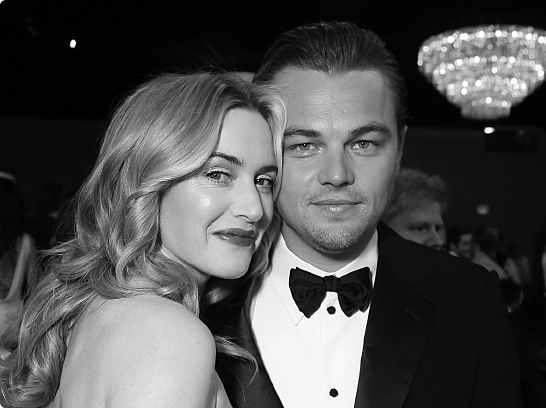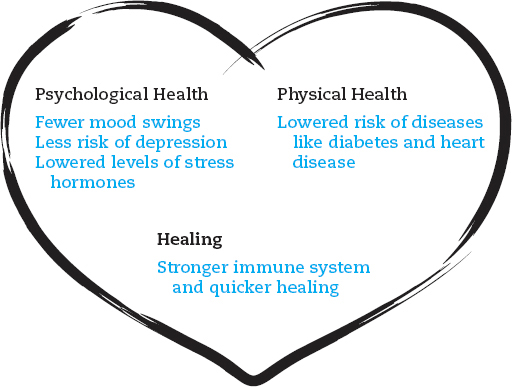Romantic Relationships
Romantic Relationships
Page 145
What ideas, thoughts, and feelings come to mind when you think about romantic relationships? Do you think of romantic dinners, jealousy, butterflies in your stomach? Perhaps you think about sex or about commitment and love (Tierney, 2007).

Love can be used to describe feelings other than romantic ones, including our feelings for our families, friends, pets, or anything that evokes strong feelings of like or appreciation (as in “I love the Philadelphia Eagles” or “I love burritos”). But we typically define love within the context of relationships as a deep affection for and attachment to another person involving emotional ties, with varying degrees of passion, commitment, and intimacy, or closeness, and understanding of the relational partner (Sternberg, 1988). There are many types of love that can characterize different relationships—or even the same relationship at different times. For example, the love between Anna and Mario, married for fifty-seven years, is probably not the same as when they were first wed. Studies involving hundreds of people revealed six categories of love: eros (erotic, sexual love), ludus (playful, casual love), storge (love that lacks passion), pragma (committed, practical love), mania (intense, romantic love), and agape (selfless, romantic love) (Hendrick & Hendrick, 1992; Lee, 1973). These types of love are explained in detail in Table 7.2. Some relationships may be characterized by only one of these types, while others may move through two or more types over time.
| Table 7.2 Types of Love | ||
| Type | Description | Explanation |
| Eros | Beauty and sexuality | Sex is the most important aspect of erotic love. This type of relationship is quite intense, both emotionally and physically, focusing on beauty and attractiveness. |
| Ludus | Entertainment and excitement | Ludus means “play” in Latin, and the ludic lover views love as a game. Ludic love does not require great commitment. |
| Storge | Peacefulness and slowness | Storge is a type of love that lacks passion and excitement. Storgic lovers often share common interests but rarely disclose any feelings about their relationship. |
| Pragma | Deed, task, work | In Greek, pragma means “life work.” Pragmatic lovers are extremely logical and practical. They want a long-term relationship with someone who shares their goals in life. |
| Mania | Elation and depression | This is the love that is often referred to as “romantic love.” It exhibits extreme feelings and is full of intense excitement, but it reaches a peak and then quickly fades away. |
| Agape | Compassion and selflessness | In this type of love, the individual gives willingly and expects nothing in return. This type of lover can care for others without close ties; a deep relationship is not necessary for agapic love to develop. |
The complexities of romantic love can be astounding, but the desire to attain it is as universal as it is timeless. In fact, the value of relationships and the characteristics associated with love and commitment between two people are fairly consistent regardless of culture, though in countries where marriage is voluntary and divorce is accessible, there are more positive associations with marriage than in countries where less freedom exists (Fowers, Fıs¸ılog˘lu, & Procacci, 2008). Studies also show that relational harmony has both physical and psychological benefits, as you can see in Figure 7.1 (Parker-Pope, 2010a). Same-sex couples in long-term, committed relationships share the same benefits of meaningful commitment (such as life satisfaction and general well-being) as other romantic couples (Kurdek, 1989; Lipman, 1986), and cohabiting unmarried couples enjoy greater well-being than single people (though not as much as married couples) (Brown, 2000; Horwitz & White, 1998).

Source: Parker-Pope (2010a)

Technology and You
Do you have any relationships that began online and eventually moved to in-person communication? How did the way these relationships developed compare to relationships that began face to face? Do you consider technology helpful in or more of a barrier to fostering new friendships? Why?
Perceptions of love and romance are also somewhat consistent across cultures: one study found that among Americans, Chinese, Japanese, and Koreans, differences in notions of love were not pronounced, and respondents from all four countries reported that happiness and warmth were associated with love (Kline, Horton, & Zhang, 2005).